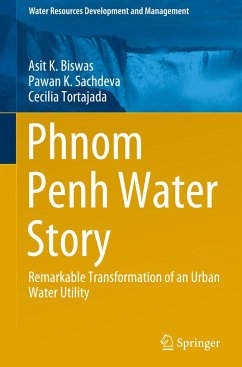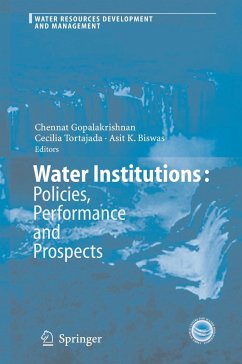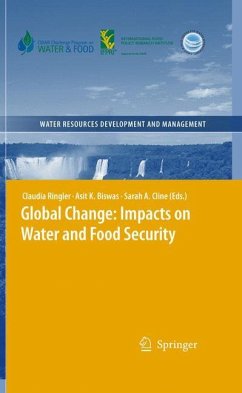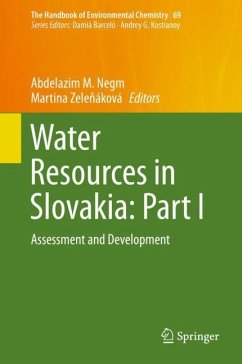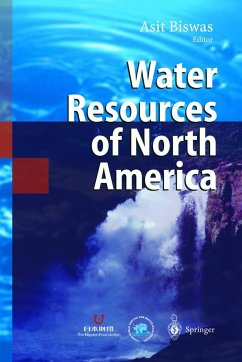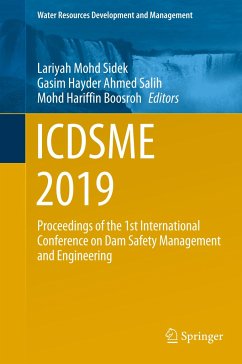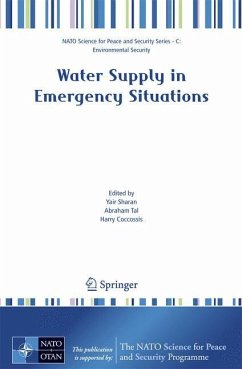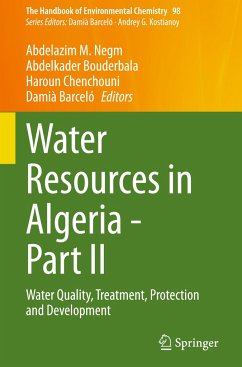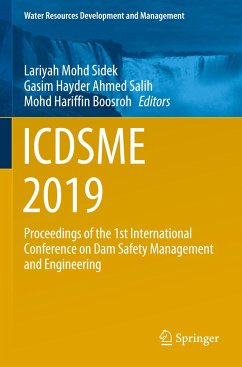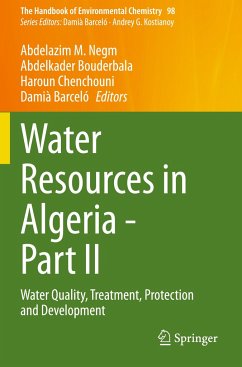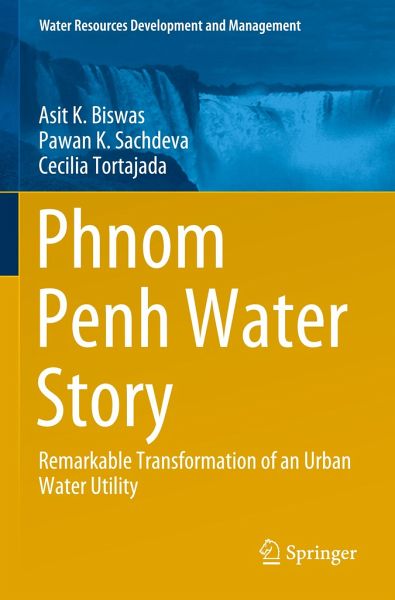
Phnom Penh Water Story
Remarkable Transformation of an Urban Water Utility
Versandkostenfrei!
Versandfertig in 6-10 Tagen
49,99 €
inkl. MwSt.
Weitere Ausgaben:

PAYBACK Punkte
25 °P sammeln!
This book analyses how a water utility from a developing country, Phnom Penh Water Supply Authority, that was totally dysfunctional, corruption-ridden and literally bankrupt in 1993, became one of the most successful water utilities of the developing world in only about 15 years. By 2010, some of the performance indicators of this public sector utility were even better than London, Paris or Los Angeles. The book further analyses the enabling conditions that made this remarkable transformation possible. Based on this analysis, a framework is recommended for water utilities from developing count...
This book analyses how a water utility from a developing country, Phnom Penh Water Supply Authority, that was totally dysfunctional, corruption-ridden and literally bankrupt in 1993, became one of the most successful water utilities of the developing world in only about 15 years. By 2010, some of the performance indicators of this public sector utility were even better than London, Paris or Los Angeles. The book further analyses the enabling conditions that made this remarkable transformation possible. Based on this analysis, a framework is recommended for water utilities from developing countries so that they can also be transformed into functional, efficient, equitable and financially viable institutions on a sustainable basis.





